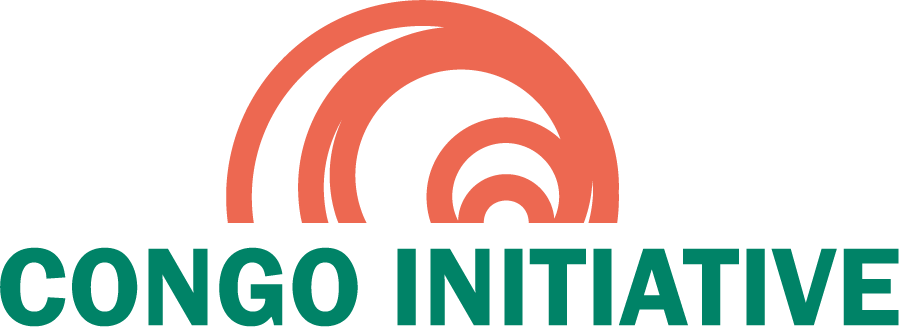As with most African societies, the family has long been the backbone of Congolese society. In this traditional structure, all men and women are part of a fabric of family members, bearing responsibility for the welfare and resting in the support of each member of this tightly knit structure. Aunts and uncles are mothers and fathers; nieces and nephews are sons and daughters; cousins are brothers and sisters. However, colonialism and imposed cultural change, together with decades of exploitation and poverty, compounded by the recent devastation of war, have torn this fabric.
Men and women have died from violence, disease, and malnutrition. The war rendered internal trading routes impassible due to insecurity along these roads and the destruction of infrastructure. Agricultural production became difficult in the conflict-ridden areas of Eastern D.R. Congo as the militias exploited local produce to feed their soldiers. These factors have resulted in immense poverty, making family support unbearable for many. Instead of finding a place among their family members, widows, children and the elderly have often been left to fend for themselves. This lack of economic security in conflict areas, as well as the increased participation of D.R. Congo in the global market, has compelled many men to leave their home communities to go seek employment in the urban centers, leaving their wives and children behind. Unsafe sexual relationships are a common result, exacerbating the already overwhelming crisis of HIV/AIDS.
Young men and even children have been drafted into the numerous militias fighting in the area, learning to live a life of violence, drugs, rape and exploitation, growing up without the values of mutual responsibility and support. Women have been forced to endure the humiliation of rape by the militias, often being ostracized from their families and communities as a result of stigmatization and the fear of HIV/AIDS. Violence and insecurity have also decreased access to health facilities and basic sanitation. Malnutrition and mortality due to preventable diseases (i.e. malaria) is rampant, especially among small children.
The recent devastating conflict in Eastern D.R. Congo (1996-2006) is now, in recent years, being brought under control by the presence of United Nations troops, but the underlying causes for conflict have yet to be addressed. As a result, the intricate threads of support that provided the foundation for Congolese society have unraveled as people have experienced unprecedented brutality committed by their own brothers, fathers and sons. Sexual abuse has become commonplace, and people are gripped by the fear of disease and the burden of support. The relationships that once knit communities together have become distorted and now threaten the life of Congolese society. In the words of one Congolese woman, “My uncle’s children have become a burden.”
Mission
Congo Initiative’s Center for Community and Family Renewal is conceived as a context for re-thinking and renewing these broken and distorted relationships. The Center will work organically with the communities surrounding Beni to develop a new understanding of the identities of husband, wife, mother, father, uncle and aunt. In the midst of fragmentation, UCBC faculty and students, together with their Congolese communities, will vision together a new set of familial values that are appropriate to the challenges of today’s society. We are committed to boldly addressing the relevant questions, such as the following:
- When sexual abuse has become commonplace and accepted, how can a woman rediscover her dignity, and how can men treat her accordingly?
- How should the community respond ethically to the scourge of HIV/AIDS?
- How can the community forgive and reintegrate the child soldiers who have been taught to survive only by violence, exploitation and drugs?
- Amidst merciless unemployment and lack of skills, what are the responsibilities and opportunities for fathers, sons and mothers?
- How can each member of the community rediscover their humanity by living out their identities as husbands and daughters and grandparents in a new way?
Specifically, the activities of this Center include teaching and practical experiences for strengthening the immediate and extended family units through a transformed mindset regarding the roles and responsibilities of women, men and children. We promote women’s initiatives, child and youth development, gender equality, health and nutritional education, counseling seminars and conferences.
This is a courageous vision—to weave new meaning into the Congolese conception of family, to renew a sense of “us.” It is based on the hope that, while the traditional fabric infusing ethics and meaning into familial relationships has been devastated, these relationships can acquire a new, authentically Congolese significance for the next generation, grounded in the Christian and biblical vision of shalom (meaning “wholeness”).
